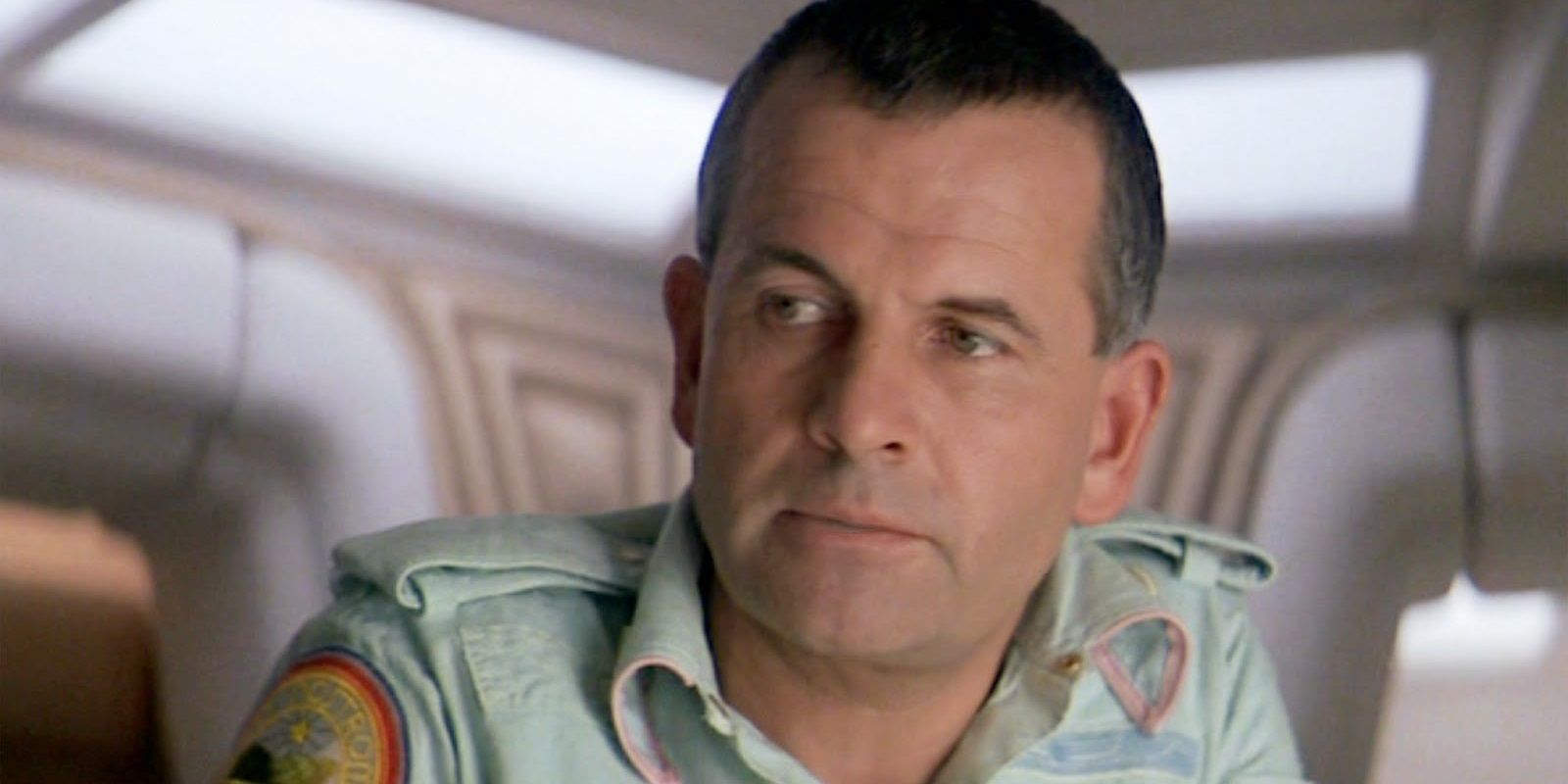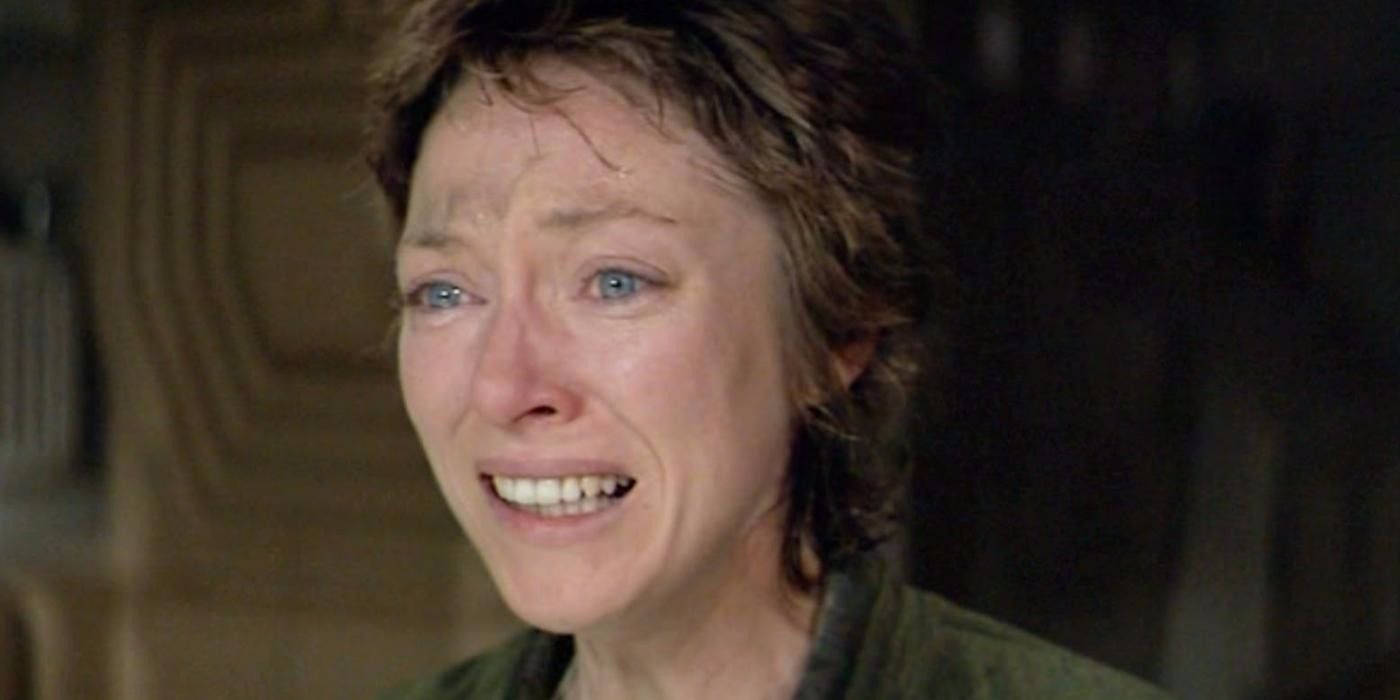Alien franchise creator Ridley Scott originally wanted more LGBTQ+ representation in his classic 1979 monster movie, and the cut content would have included some subtle foreshadowing that hinted at Ash's true nature. Released in 1979, Blade Runner director Ridley Scott’s Alien was an ingenious fusion of two 1970s blockbusters, Jaws and Star Wars. The movie would become a landmark in the genre and is still considered one of the most influential horror movies of all time.
Pitched as a “haunted house movie in space,” the original Alien was an intense and claustrophobic thrill ride that cast Sigourney Weaver as Ripley, a resourceful space trucker who must fight for her life against the titular Xenomorph. Ripley would return in three sequels and she became an icon of the genre herself. The tense creature feature saw the eponymous monster picking off crew members one-by-one, and the movie almost featured some groundbreaking LGBTQ+ representation in its early script drafts.
Gladiator director Scott wanted to include scenes that heavily implied everyone on the Nostromo, being stuck miles from their home planet and bored out of their minds, were sleeping with each other. Scott went on to say he regretted not explicitly including any gay representation in the movie, and the proposed way of incorporating this content was far from pandering. The Alien crew’s open-minded approach to sexuality was going to be included via a conversation that saw Ripley and Lambert mentioning previous romantic encounters they shared with crewmates. The pair would have noted Ash was the only crew member who never propositioned them, foreshadowing his true nature as an android.
It’s a clever, subtle way of addressing the Nostromo crew’s approach to sex while also dropping hints to Ash’s secret, and it’s a shame Alien's lengthy journey from script to screen saw this detail dropped (presumably for time and pacing, as the scene is included in the novelization). The LGBTQ+ representation this scene featured would have been groundbreaking at the time of Alien’s release. Of course, not every scene that went missing from Alien was as regrettable as this elision, with the original death of Dallas - which saw him slowly transformed into an alien egg - rendering the sequel’s Alien Queen irrelevant by portraying the Xenomorph's life cycle as an asexual process.
Nonetheless, it’s a shame the original Alien was unable to portray its characters as LGBTQ+, although the director of later franchise entry Alien Vs Predator did manage to sneak a similarly progressive touch into own space-bound horror. In Paul W.S Anderson’s Event Horizon, Sam Neill’s Australian character wears an Aboriginal flag as his uniform lapel, implying the country would have returned its territory to indigenous people by the time of the movie’s 2047 setting. It may be more subtle than the cut LGBTQ+ representation Ridley Scott wanted to include in Alien, but both instances prove that even the scariest sci-fi has the potential to imagine a brighter, more inclusive future.


